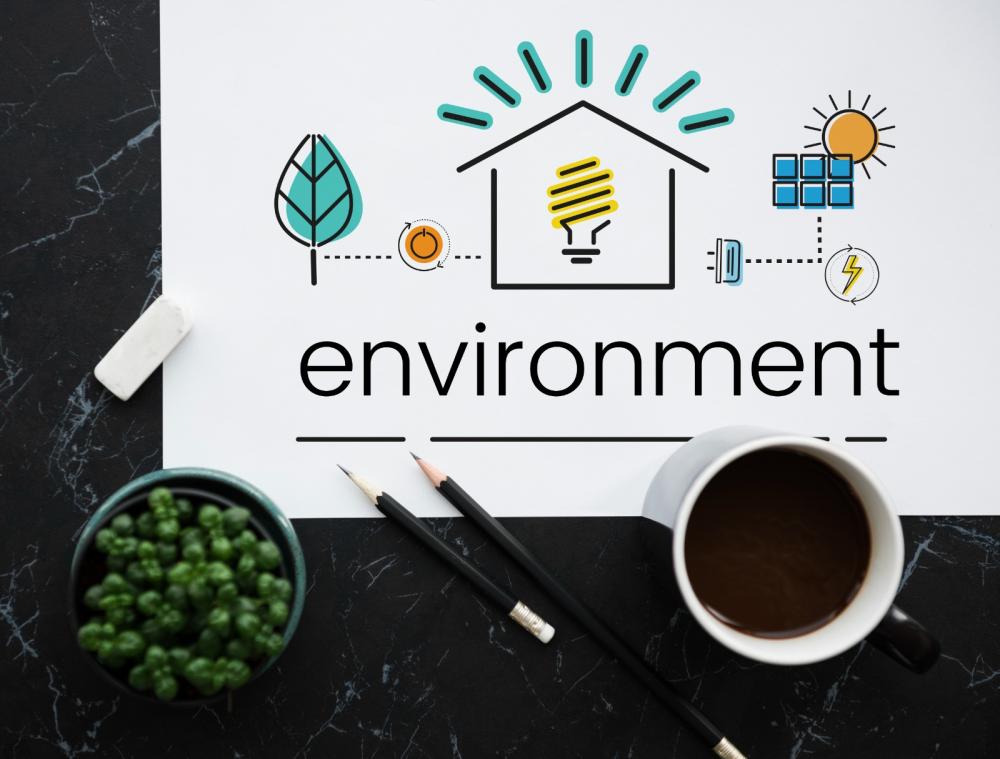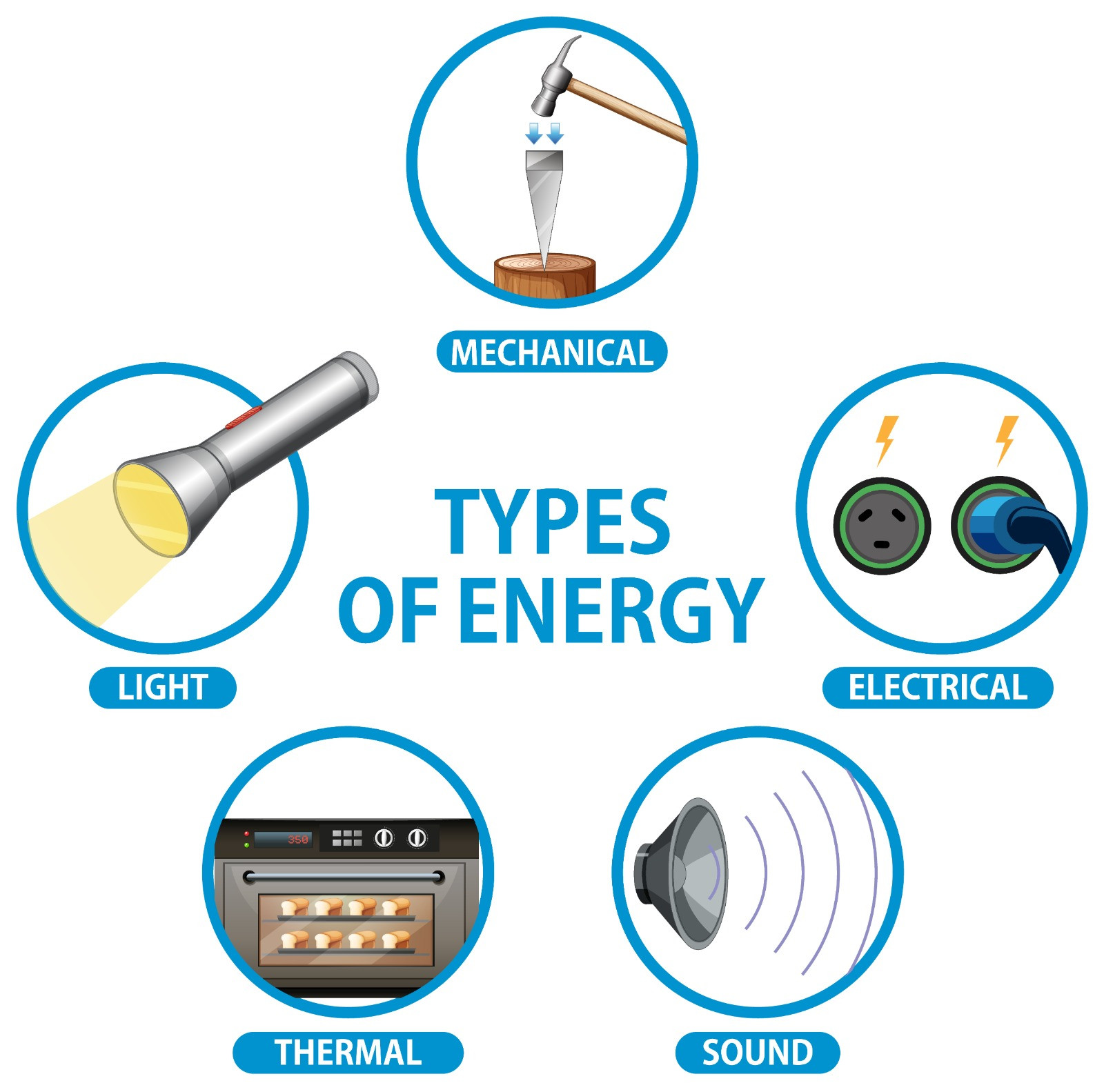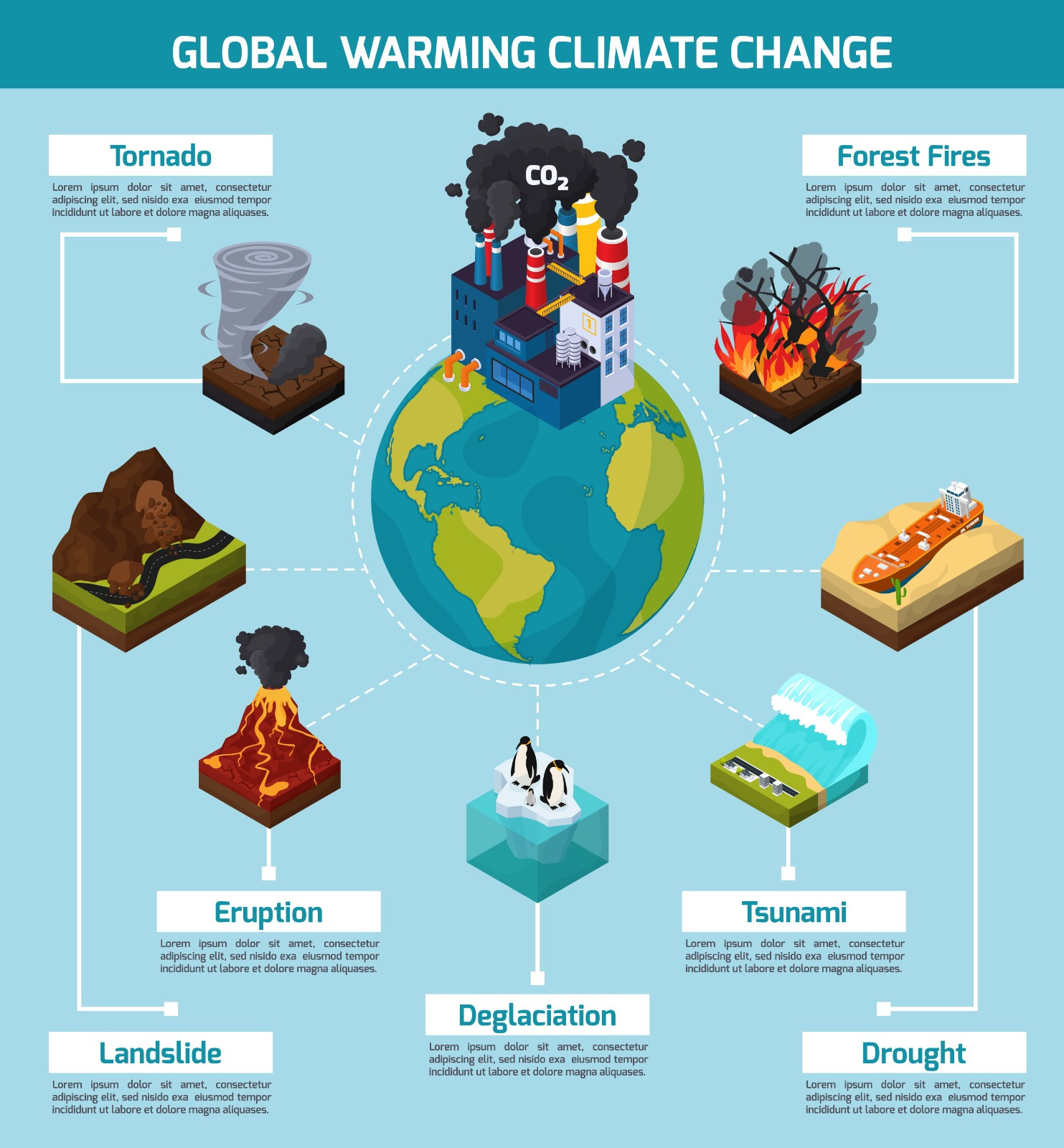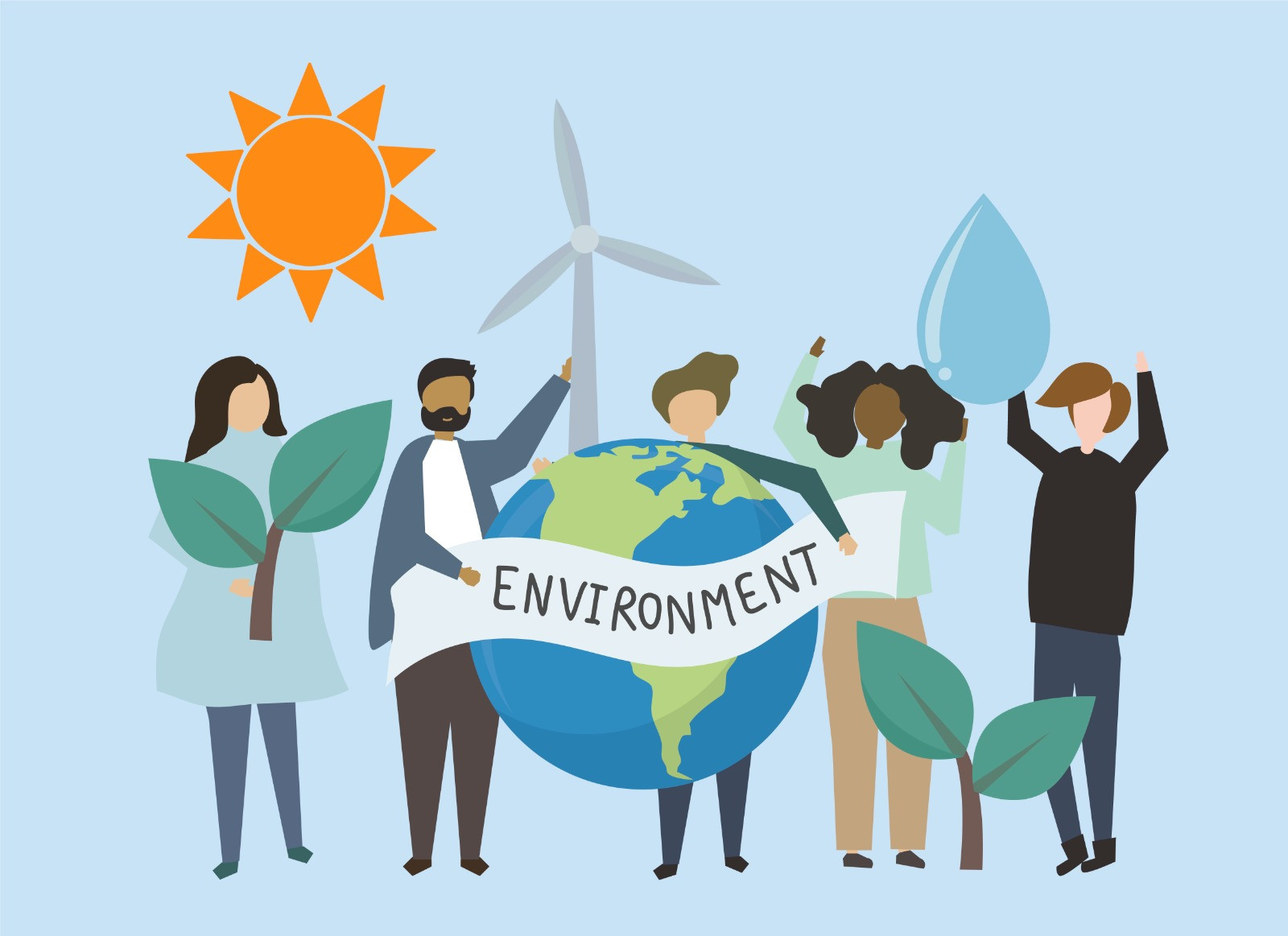
To understand how necessary energy efficiency is in resolving issues behind climate change, it is important to begin by understanding energy at its most fundamental level. This is because the concept of energy itself is integral to understanding, not just climate change and its effects on our lives, but also its necessity in our day-to-day existence.
Energy exists in multiple forms. This includes kinetic, potential, thermal, mechanical, chemical, electrical, light, sound and nuclear energy. Each form is vital in different contexts and applications.

Understanding these forms of energy and how they convert to one another is essential for solving energy problems, which in turn makes it important in alleviating the world's climatic conditions.
The application of practical energy principles is important to keeping our civlisation alive, in the area of energy generation, energy storage, and energy transfer. The study of which is crucial towards addressing the global challenges of climate change and sustainable development.
The foundational principle of energy conservation in physics, which states that energy cannot be created or destroyed but only transformed from one form to another, has allowed physicists to observe the planet's health and predict the behaviour of climatic systems over time.
From the start of the industrial revolution in the nineteen century, the earth’s heating has caused the global annual temperature to increase above 0.8°C , causing astronomical rise in the percentage constituent of carbon dioxide and other greenhouse gases in the atmosphere, and giving rise to climatic changes, pollution, changing temperature and precipitation patterns, increase in ocean temperatures, sea level, and acidity; melting of glaciers and sea ice; changes in the frequency, intensity and duration of extreme weather events and shifts in ecosystem characteristics.
Thanks to satellite evidence, we can see the dire effects of climate change in our world: The volume of solar ice at the poles has been declining. Also, warmer atmosphere as a result of global warming is resulting in bigger and more destructive tropical storms.
In other areas, the rising temperatures and longer dry periods are reducing access to fresh water and making wildfires more common. These extreme weather events are increasing in their frequency and are reducing the ecosystem populations.

Recorded evidence from the fundamental understanding of how gases trap heat shows human behaviour is a gross factor in the rise in global temperatures, and that carbon dioxide, caused mainly by burning fossil fuel, accounts for 80% of the result of climate change.
Although the use of fossil fuel has brought great wealth and scientific progress to our civilisation, it has greatly impacted the earth’s ecosystems and comes at a great cost to health and livelihood which the rest of the planet can no longer sustain.
To mitigate the harmful effects of climate change, to save costs and to promote personal well-being, it is important to engage in individual climate responsibility by practising sustainable living and having a rethink of how we use the Earth's resources.
The key to transforming our energy system is to move away from fossil fuels to low-carbon sources of energy such as solar, wind, hydropower, geothermal and nuclear.
The current UK government has committed to the electrification of the energy system by increasing the use of low-carbon energy sources, such as renewables and nuclear power while phasing out the use of fossil fuels.
However, (a note to the government) this policy will ultimately be successful if the cost of transition to renewable is cost-competitive and affordable to the end users. we will not make progress if tariffs from renewable sources such as solar, wind or nuclear are more expensive than fossil fuel.
There's some good news here though. Solar and wind were among the most expensive energy sources that we had over the last decade or so, and we've seen rapid reductions in their costs from the source, but this has to trickle down to consumer in every household because the use of electricity is still way more expensive than gas which is a product of fossil fuel.

The earth is our only home and it is important to our survival, but over the years, mankind has overindulged in its resources. We have a duty of care to our planet, and this duty of care begins by taking up the responsibility of correcting the climate anomaly through appropriate energy use and behaviour starting from the comfort of our homes.